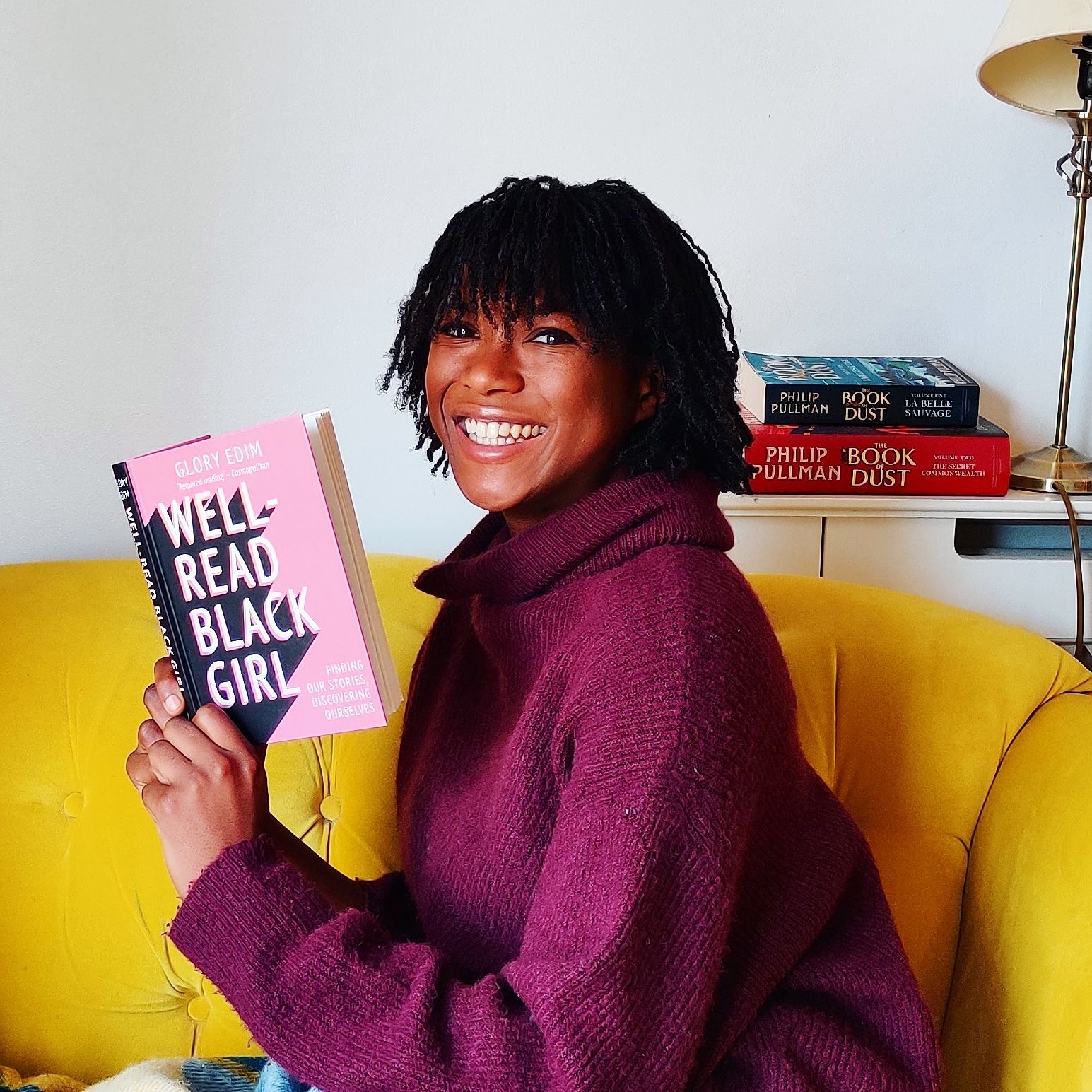
THE PLOT: ‘Thin Girls’ by Diana Clarke is a contemporary, literary novel about twins with contrasting eating disorders. Like most young women, Rose and Lily Winters have struggled with their bodies since childhood. But when Rose stops eating, Lily starts consuming everything. Within a few years, Rose is about to mark her one-year anniversary in a rehabilitation facility for anorexics. Lily, her sole visitor, is the only thing tethering her to a normal life. But Lily is struggling too. When Rose senses that Lily needs her help, she must find a way to rescue her—and, perhaps, save herself.
RATING: This book hits close to my heart so there’s not much I can objectively critique. However, I will say this was an emotional and difficult book to read; equal parts triggering and rewarding. This book is tough, and that’s coming from someone who likes tough books. It’s dark and messy and covers so many different aspects of EDs, from anorexia to binge eating to Instagram #cleaneating to orthorexia to diet culture to pro-ana and everything in between. There’s physical abuse, emotional abuse, self-harm and an exploration of queerness. There is so much in this book, and if you like detailed character psychologies and mental health, this is for you.
GOOD BITS: A powerful depiction of eating disorders and mental health struggles. The characters and their experiences felt very real and relatable, and my heart ached with every page. It has an unusual structure, which I enjoyed, but it might not be for everyone. It’s essentially a dual timeline that moves frequently between past and present (e.g., on every other page). This blurring of time seemed to accentuate some of the themes and was written very intelligently. I initially expected this book to be dual POV but it is intensely written from Rose’s perspective which gives it a strong claustrophobic atmosphere.
NOT SO GOOD BITS: Halfway through the novel, I wondered how the pace and narrative could be sustained. I felt that the story had exhausted itself and wasn’t sure where the plot could go. Yet, I was glad I stuck with it as there was a shift in setting and format that took me by surprise and worked well. I do wonder if there were too many anorexic characters, which sounds weird but perhaps I was thrown by the number of characters with similar experiences and arcs. Also, I felt like there was an implicit bias about whiteness and anorexia that made me feel uncomfortable.
OVERALL: I’d recommend this book to lovers of ‘Wintergirls’ by Laurie Halse Anderson, ‘Loud in the House of Myself’ by Stacey Pershall and ‘Detransition, Baby’ by Torrey Peters. If you love intense, dark books about mental health, sibling relationships and family trauma, you have to read this. I love how it explores what it means to be a woman in modern society yet the overarching themes are coupled with enough plot to keep you interested. It’s full of complex characters and beautiful writing, and you will keep thinking about it long after you close the page.

